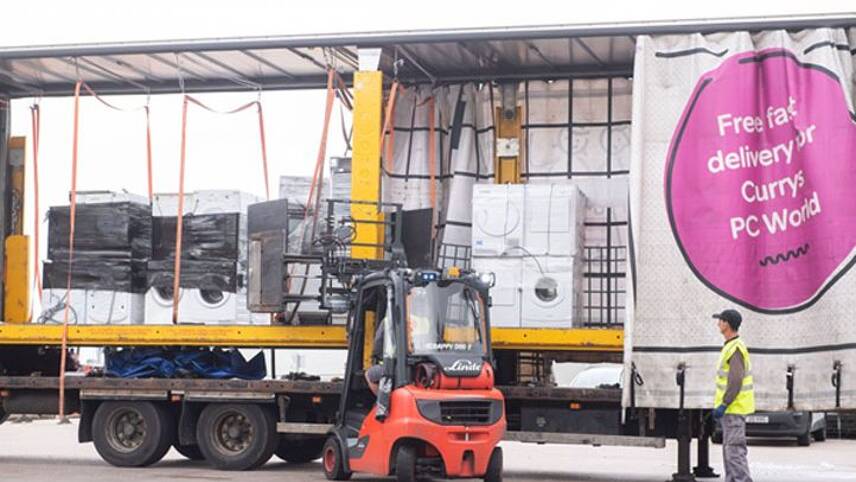Register for free and continue reading
Join our growing army of changemakers and get unlimited access to our premium content

However, through our experience, we can see that people don’t often understand the repercussions of throwing away old or unwanted tech. In the past year, UK consumers threw away 155,000 tonnes of e-waste in their household bins, much of which will end up being incinerated or landfilled.
What people don’t realise is that even old, unwanted or unused tech is all valuable and can be recycled for its precious materials. There is a finite number of raw materials in this world that tech can be made out of, so recycling these materials allows us to reuse them in new tech rather than mine our planet’s resources for new ones. Recycled metals are two to 10 times more energy-efficient than metals smelted from virgin ore, and mining discarded electronics produces 80% fewer emissions of carbon dioxide per unit of gold compared with mining it from the ground. Large kitchen appliances make up 95% of the e-waste we collect, and it can all be sent to be recycled, reused or refurbished to give it a new lease of life. Due to its high metal content, the materials used in these appliances can be recycled and used to create new products.
Furthermore, some of the unwanted tech can be fed through our reuse network. In the case of our business, the tech is collected from consumers’ homes after we’ve delivered their new appliance or replaced it. So, what happens to the collected appliances? All home delivery distribution centres have a reuse partner, either regional or national ones, which have their own criteria identifying tech that is still good to use. Once the appliances have been tested and cleaned, the reuse partners can sell the refurbished products through their outlets, or in many cases, they donate this tech to support people who have just moved into shelter accommodation. Interestingly, the majority of refurbished electrical products are being resold in European markets, as European consumers are more likely to buy reused products, contributing to the circular economy, over consumers in the UK. Prior to Brexit, waste electrical and electronic equipment (WEEE) recycler Environcom exported nearly 60% of its refurbished electrical appliances to countries such as France, Holland, Spain and Poland.
Another avenue for consumers to make the most of their tech is having it repaired. The journey of a refurbished product does not immediately have to go to a new owner, but can, in fact, be reused again and again by the same owner. Apart from the materials, this process repurposes, repairing an entire product preserves the time, effort, and transportation that goes into assembling it. Annually, we repair over half a million products in the UK, with the aim to return these products to their owners “as new”.
The only way we can see that the current situation can improve is if the combined effort of our government and retailers, such as ourselves, create awareness among consumers of the role reused and refurbished tech plays in the circular economy. We cannot shoulder the burden of showing consumers how sustainable living can be achieved through recycling alone. There is an increasing need for the government to make e-waste recycling the norm, through making it more accessible for consumers to recycle their unwanted tech.



Please login or Register to leave a comment.